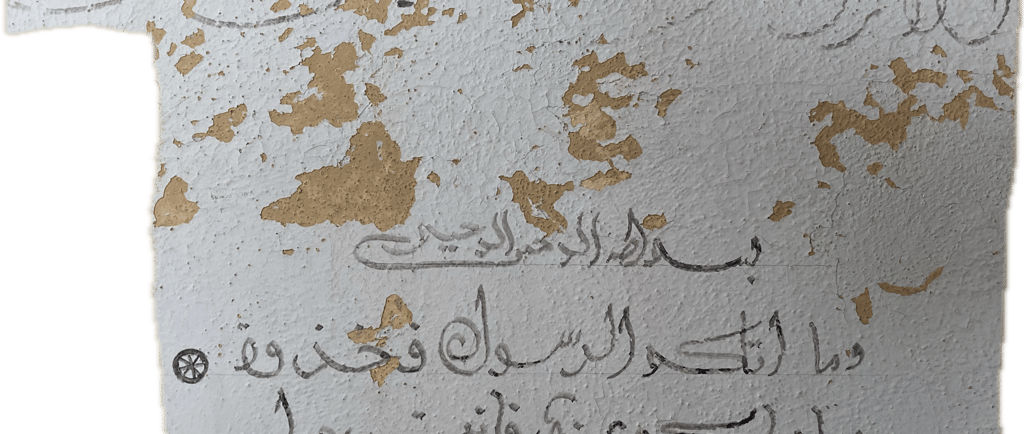The Wall Beneath the Quilt
Asking Questions - Seeking Answers
HISTORY USA
11/2/20253 min read


Since we have made Poteau our home for now, there are some places we like to revisit: the Boomarang Restaurant, the Runestone in Heavener, and, in particular, the former Lowery Hotel, which now houses the LeFlore County Museum. It’s a beautiful facility that harkens back to a time of embedded grace and quiet elegance.
As I discussed in an earlier blog, the museum was originally built as a hotel. In 1964 it closed for a variety of reasons, but by 1972 it had become a dormitory for the nearby Carl Albert College. The college sits on the outskirts of Poteau, and because of its remoteness, student housing was limited. So the hotel became a dormitory—and with it came a mix of cultures.
There were students from India and Pakistan, Iran, Iraq, Egypt, Korea, Japan, Taiwan, Nigeria, and other African nations—part of early educational exchanges and scholarships. Arab immigration to the U.S. had already begun during this period, and by the 1970s it was increasingly common to find Arabic-speaking students, especially in college towns.
And that brings us to the writing behind the quilt.
On the third floor of the hotel is a room dedicated to quilts. Quilts are a regional art form, likely born of necessity, and a variety of them adorn the walls of the former hotel rooms—rooms that once housed students during the dormitory years. Unfortunately, no record remains of who lived in this particular room.
Next to the door hangs a quilt. If you lift it, you’ll find Arabic text on the wall, written in exquisite script, that reads
بسم الإله الرحيم
وما أنت بالرسول فخذ فداءك
وما أرسلناك فانتصر
It translates roughly to:
In the name of the Merciful God.
You are not the messenger, so take your ransom.
We did not send you forth, so prevail.
A modern interpretation might read something like:
“You don’t need divine authority to act rightly—you’re responsible for your own redemption.” Thank you Google Translate.
It’s not a passage from the Qur’an, but it’s written in its style. It may have been a reminder, reflection, or prayer for a student, placed near the door as a daily affirmation.
Today, it stands as part of the public historical record of that space—not the intellectual property of any one institution and we’ll probably never know who wrote it, but it remains a shared cultural object. It shows that someone unknown to us moved through this space.
The fact that it’s covered by a quilt suggests it was hidden for preservation’s sake. It remains concealed yet protected. The wall shows signs of repainting, but the writing was carefully spared. The quilt itself may be an act of preservation—a gesture of care. Together, the wall and the phrase form a curated space, viewable to the public and deserving of quiet respect.
I’ve written before about moving through shared spaces—airports, cities, online forums—carrying our own histories. We quote others, echo headlines, repeat jokes, share opinions. But whose words are we carrying? Do we understand them, or are we just delivering them like couriers who never open the envelope?
And the point of this writing can be summarized as this: when traveling, try to be an observer. Don’t be afraid to talk to strangers. Ask questions—most people you meet on the road want to share and support your understanding. A few may not (looking at you, driver of Number 12 bus to Den-en-Chōfu).
Don’t be afraid to ask what’s behind the quilt. It may be an unexpected story.
If You Go
LeFlore County Museum at Hotel Lowrey
Address: 303 Dewey Avenue, Poteau, Oklahoma
Hours: Typically open Wednesday–Saturday, 10 a.m.–3 p.m. (Check seasonal hours before visiting.)
Admission: Free; donations welcome.
Look for the third-floor quilt room — and remember, every artifact has its own quiet story waiting just behind the fabric.
